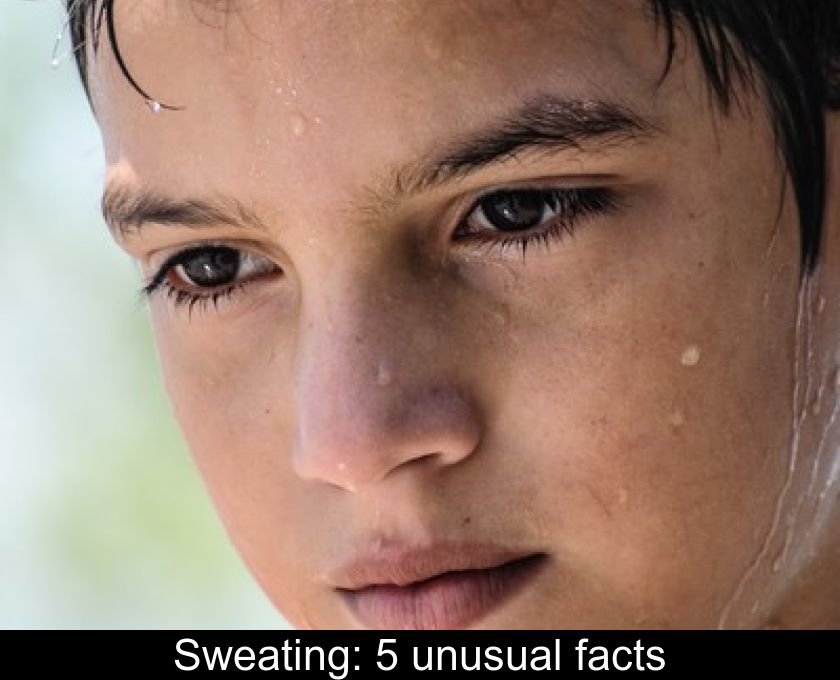Sweating: 5 Unusual Facts
Sweating is a completely normal and natural phenomenon. But have you ever wondered why men sweat more than women? Or what factors influence our body odour? Here are 5 unusual but scientifically proven facts that will give you some answers.
Sweating is related to body size
Sweating helps maintain body temperature at 37°C. The larger the person, the more heat he or she has to evacuate.
This is also the reason why men sweat more than women, who are generally more slender.
During a normal day, without any particular physical effort, a man excretes on average 2.5 liters of sweat against less than 2 liters for a woman.
In case of effort, the difference between the two sexes is even greater.
Hair removal limits bad odours
Body odour is less important if you shave or wax.
This is because the perspiration secreted by our sweat glands is composed mostly of water and minerals and is naturally odorless.
Bad odors are caused by sweat becoming macerated in contact with bacteria. Now, the latter love to cling to the hair that maintains a humidity level conducive to their proliferation.
Epilation is a good way to limit the development of bacteria and therefore bad odors.
The menstrual cycle affects sweat
The smell of sweat is more intense in women just before their period.
This is because the so-called apocrine glands (sweat glands located in particular in the groin, armpits and anus) are dependent on sex hormones.
These are the ones that secrete the most unpleasant smelling sweat. In contrast, the eccrine glands that cover the entire body produce an odourless watery liquid.
The only way to counteract this completely normal hormonal phenomenon is to adopt impeccable Hygiene and commercial antiperspirants or their natural alternatives such as alum stone or sage-based products...
Certain foods can change our smell
While some plants, such as sage, limit sweating when consumed as an herbal tea, other foods we ingest can alter our body odour.
This is because they contain odour molecules that are found in perspiration.
This is particularly the case with onion, spices and garlic. It should also be noted that a diet high in cheese and protein leads to more body odor.
Also, some medications can have the same effect!
Young children do not smell
Normally, until puberty, children do not have unpleasant body odor even when their Hygiene is not impeccable.
If you notice an unusual odor in your child, seek the advice of your pediatrician as it may be a symptom of thyroid disease or diabetes. It may also be a sign of early puberty.
To be noted: in babies on the other hand, especially little boys, the immaturity of the sweat glands can sometimes cause unpleasant odors (their scalp smells like ammonia or their feet give off a sour milk smell...). In this case, don't worry: this problem disappears by itself before the age of 3 months.









